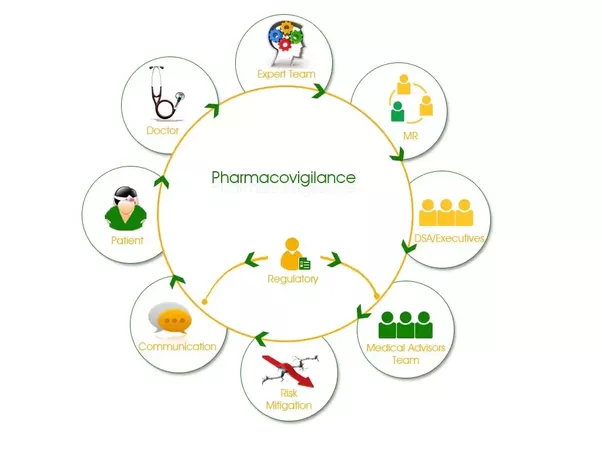
Insights
What is Pharmacovigilance?
What is Pharmacovigilance?
The adverse effect is a harmful and unintended effect that occurs when the medicinal product is used at usual doses to identify, facilitate, correct or alter a physiological function for the user.
Pharmacovigilance covers all of the scientific work done to find, evaluate and prevent reappearing these adverse effects that develop due to the use of medicines.

To ensure drug safety, it is necessary to investigate adverse reactions and systematically record information on this subject. Necessary precautions should be taken to minimize the adverse effects of drug use.
Pharmacovigilance activities to be carried out for this purpose can be exemplified as follows:
-
After following the adverse reactions, sending reports to the World Health Organization (WHO) Drug Monitoring Center
-
Periodically implementing risk management plans and risk assessments
-
Following the health authorities’ official communication channels and the warnings about drug safety
-
Regulation of training programs on pharmacovigilance and promotion of participation in said training programs